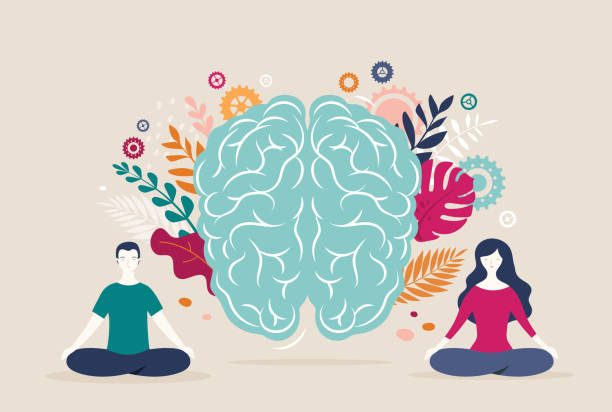Stress is often a topic that pops up in our lives and for good reason. Stress can be brought on by many things such as work, money, family, relationships, and more. To manage stress better you might want to look into relaxation techniques such as deep breathing or listening to music.
7 Techniques for Effective Stress Management
The number-one technique for effective stress management is to identify and remove the source of the stressor. If you’re not sure what is causing your stress, stop and observe yourself. Do you feel agitated? Is your heart beating fast? If so, figure out if there’s anything happening right now that you can change to alleviate the situation.
- Coping with Stress
- Heat Exercises
- Aromatherapy
- Yoga
- Psoriasis Treatment
- Essential Oils
- Mindfulness Meditation
The most popular relaxation techniques include deep breathing, meditation, visualization, and yoga. Deep breathing helps to lower your heart rate and blood pressure. It is important to start with a comfortable sitting position and to focus on your breathing. Then you can focus on your thoughts and feelings as they enter and leave your awareness. Meditation provides both physical and mental benefits.
When it comes to stress relief, many people find that a good old-fashioned warm shower is just the thing they need. However, there are some other ways that can be even more beneficial. In particular, if you’re interested in learning how to relieve stress, then you should try some of these stress-relieving exercises.
Getting the aromatherapy treatment is a great way to destress. Aromatherapy can be done several ways: you can put some drops of lavender oil on a diffuser; put some carrier oil (like coconut or grapeseed) in your bath to soak; or use pure essential oils like lavender, lime, and jasmine. Another way to destress is to take time out for yourself. Ensure you get enough restful sleep, eat healthy foods, and spend time with people who make you happy!
Yoga is a beneficial and relaxing exercise that can help you manage your stress levels. It targets specific areas of the body and helps to calm the mind, reduce tension, and increase flexibility. This exercise has been shown to lower blood pressure, improve circulation, and encourage relaxation.
One way to manage stress is through relaxation techniques. An effective technique is deep breathing. It should be done mindfully and slowly, with the focus on the breath entering the nose and then leaving the body through the mouth. Another helpful technique that will help combat stress is to empty your mind of all thought by focusing on your breath moving in and out of your nostrils.
Essential oils can create a calming and relaxing atmosphere. They are advertised as being helpful for relieving headaches, insomnia, and anxiety. However, this is more of a marketing claim that has not been proven by any scientific studies. There is some evidence that essential oils may cause allergic reactions. Some people also prefer to combine their favorite scents with different essential oils to make their own homemade mood-boosting mixtures.

Mindfulness meditation has been shown to reduce stress levels and increase both physical and mental health. Studies have found that mindfulness meditation helps you regulate your breathing, heart rate, and muscles. You can also use this technique to relax your mind, soothe anxiety, and decrease the hallucinatory thoughts that often accompany anxiety.
